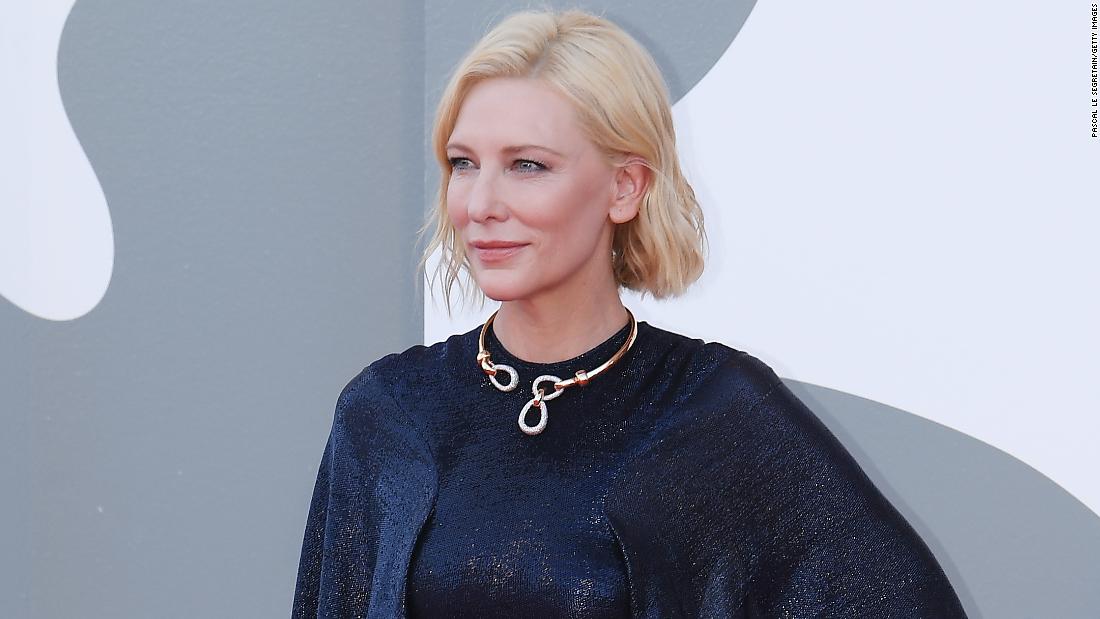Exploring the Impact of Film and Television on Society
Film and television play a significant role in our lives, entertaining and captivating us through storytelling and visual experiences. Beyond their entertainment value, these mediums have a profound impact on society. This article delves into the various ways in which film and television influence and shape our culture, beliefs, attitudes, and behaviors.
The Power of Visual Storytelling
Visual storytelling has a unique ability to engage and captivate audiences. Films and television shows transport viewers to different worlds, allowing them to experience emotions, empathize with characters, and connect with narratives on a deep level.
Influencing Cultural Norms and Values
Film and television have a significant impact on cultural norms and values. They reflect and reinforce societal beliefs, shaping our collective consciousness. These mediums often present characters and narratives that become cultural icons, influencing fashion, language, and social trends.
Portrayal of Social Issues
Film and television provide a platform to address important social issues. Through thought-provoking storytelling, they raise awareness about topics such as poverty, racism, gender inequality, and environmental concerns. This portrayal can ignite conversations, spark empathy, and inspire action among viewers.
Shaping Perceptions and Stereotypes
Media representation in film and television can shape perceptions and reinforce stereotypes. The portrayal of certain groups or communities can perpetuate biases or challenge existing prejudices. It is essential for creators to promote diverse and accurate depictions to combat stereotypes and promote inclusivity.
Promoting Diversity and Inclusion
The push for diversity and inclusion in the film and television industry has gained momentum in recent years. By showcasing a wide range of cultures, races, genders, and identities, these mediums can foster understanding and acceptance. This representation allows underrepresented groups to see themselves reflected on screen and promotes a more inclusive society.
Impact on Consumerism and Popular Culture
Film and television have a profound influence on consumer behavior and popular culture. Iconic characters and product placements can shape trends and drive consumer demand. The influence of these mediums extends to fashion, merchandise, and even tourism, as viewers are inspired by the fictional worlds they encounter on screen.
Inspiring Social Change
Certain films and television shows have the power to inspire social change. They shed light on pressing issues, challenge the status quo, and mobilize audiences to take action. By raising awareness and encouraging discourse, these mediums can contribute to positive societal transformations.
Psychological Effects on Audiences
The emotional impact of film and television cannot be understated. These mediums have the ability to evoke a wide range of emotions, from joy and laughter to sadness and fear. They can influence mood, shape beliefs, and even alter perceptions of reality. Understanding the psychological effects of media consumption is crucial for both creators and audiences.
Educational Potential of Film and Television
Film and television possess immense educational potential. Documentaries, historical dramas, and informative programs can provide valuable insights and knowledge. They can make complex concepts more accessible, helping viewers understand and engage with subjects they may not have encountered otherwise.
Ethical Responsibility of Filmmakers and Content Creators
Filmmakers and content creators hold an ethical responsibility in their portrayal of sensitive topics and issues. They must approach storytelling with care, considering the potential impact on audiences. Responsible representation, cultural sensitivity, and authentic storytelling are crucial in ensuring that film and television contribute positively to society.
Future Trends and Technologies
The future of film and television is intertwined with emerging technologies. Virtual reality, interactive storytelling, and streaming platforms are reshaping the way we consume media. These advancements offer new avenues for creativity and audience engagement, paving the way for exciting possibilities in the industry.
Shaping Perceptions and Beliefs
Reflecting Cultural Diversity
Films and television programs have the potential to reflect the diverse fabric of society. By featuring characters from different backgrounds, ethnicities, and cultures, these mediums provide opportunities for viewers to witness experiences beyond their own. This exposure fosters empathy, understanding, and acceptance, promoting a more inclusive society.
Addressing Social Issues
Film and television often tackle social issues, such as discrimination, inequality, and injustice. By shedding light on these topics, these mediums raise awareness and spark conversations among viewers. Thought-provoking storylines can challenge existing beliefs, inspire social change, and drive individuals to take action.
Influence on Cultural Norms
Fashion and Trends
The fashion choices of actors and actresses in films and TV shows have a significant impact on popular trends. Iconic outfits and styles showcased on-screen often influence consumer preferences and shape the fashion industry. From Audrey Hepburn's little black dress in "Breakfast at Tiffany's" to the fashion-forward ensembles of "Sex and the City," these visual mediums leave an indelible mark on our sartorial choices.
Language and Slang
Film and television have the power to introduce new phrases, slang, and expressions into popular culture. Memorable lines and catchphrases from movies and TV shows often become part of our everyday language. For example, phrases like "May the Force be with you" from Star Wars and "I'll be back" from The Terminator have permeated society, becoming cultural references that transcend the screen.
Role Models and Idols
Actors and actresses often become role models and idols for their fans. Their on-screen performances and public personas shape societal ideals of beauty, success, and personal values. The influence of these figures extends beyond entertainment, with their endorsements and public statements carrying weight in social and political spheres.
Impact on Social and Political Discourse
Raising Awareness
Film and television have the power to shed light on social and political issues that may otherwise go unnoticed. Documentaries and fictional works alike bring attention to important topics, amplifying marginalized voices and encouraging viewers to engage in meaningful conversations.
Challenging Stereotypes
By portraying diverse characters and narratives, film and television challenge stereotypes and break down barriers. Thoughtful representation and authentic storytelling can dismantle prejudiced notions, fostering understanding and promoting social justice.
Influencing Public Opinion
Films and television programs can sway public opinion on various matters. Whether through fictional narratives or documentary exposés, these mediums can shape how individuals perceive complex issues and influence public discourse. This power underscores the responsibility of content creators to present information in an ethical and unbiased manner.
Escapism and Emotional Connection
Film and television offer a means of escape from the demands of daily life. Engaging narratives, compelling characters, and immersive worlds transport viewers to different realities, providing an emotional connection that allows them to experience joy, laughter, sadness, and fear. These emotional journeys contribute to our overall well-being and serve as a source of entertainment and solace.
.png)







 English (US) ·
English (US) ·